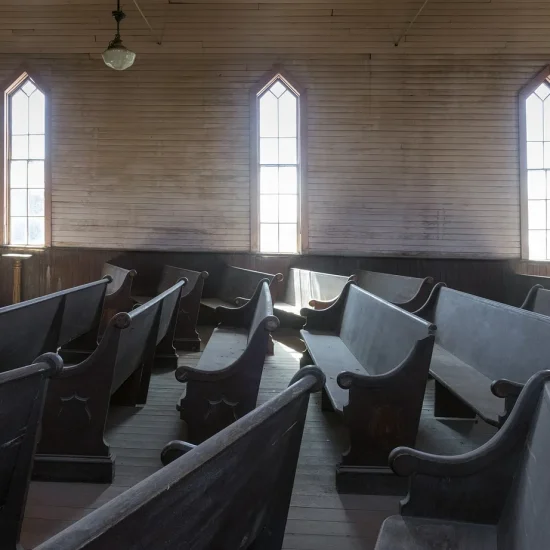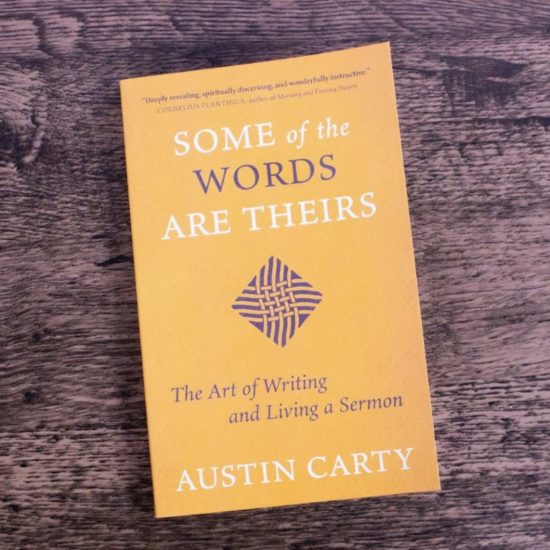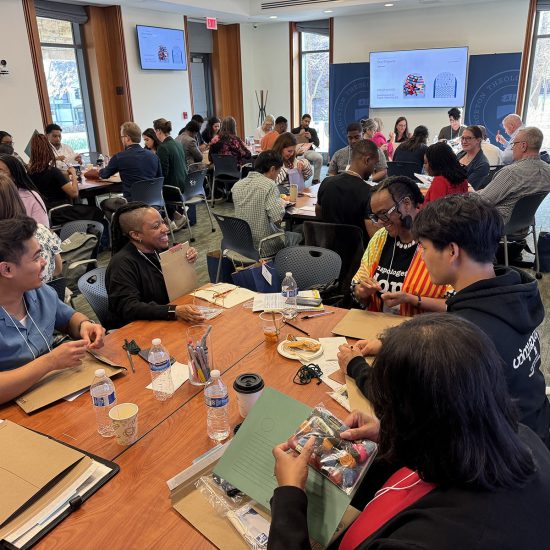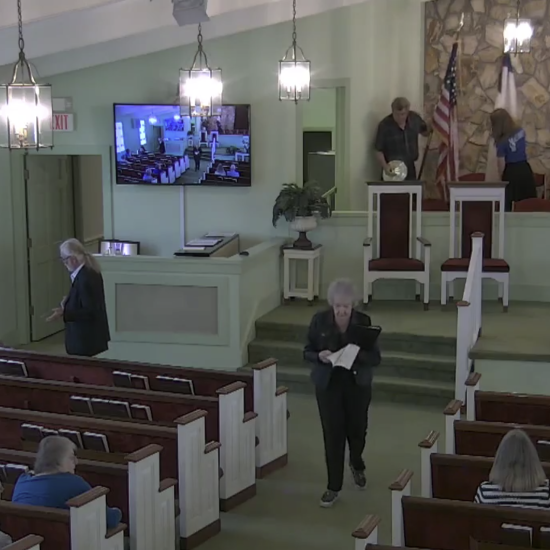ATLANTA (ABP) — February marks the fourth annual Martha Stearns Marshall Month of Preaching, where Baptist churches are encouraged to invite a woman to preach. Associated Baptist Press asked Pam Durso, executive director of Baptist Women in Ministry since last July, about the emphasis and the organization that sponsors it.
What is the purpose of Baptist Women in Ministry?
In the past six months, I have read lots of the old BWIM minutes and newsletters, and I have discovered that since its founding in 1983, Baptist Women in Ministry has held to the same purpose. That year, the BWIM founding mothers called for an organization that would encourage, advocate, and lobby so that Baptist women would have opportunity to develop and exercise the gifts that the Spirit had placed in their care. That same purpose is expressed in our current mission statement: "Baptist Women in Ministry will be a catalyst in Baptist life drawing together women and men, in partnership with God, to illuminate, advocate and nurture the gifts and graces of women." What is obvious to me is that at the very heart of BWIM's purpose is the idea of faithfulness — being faithful to listen for God's voice and to follow God's leadership, being faithful to use the gifts God has given, and being faithful in encouraging others in the journey.
How many ordained women are there in moderate Baptist life?
Pinpointing exact statistics is an almost impossible task given the more informal nature of moderate Baptist life. Moderate Baptists don't have a central agency to which they submit an annual report or provide church statistics. So I generally go with "the best information available," which basically means "this is what we know, but there is a lot we don't know." And most of what we do know has come from BWIM records, from studies done by Sarah Frances Anders, and from the State of Women in Baptist Life, an annual report that has been issued by BWIM since 2005. So what we do know is that since 1964, when Addie Davis was ordained by a Southern Baptist church, Watts Street Baptist Church in Durham, North Carolina, approximately 2,200 women have been ordained in Baptist churches in the South. In recent years, about 60-70 moderate Baptist women have been ordained per year.
Doesn't the Bible say that women should not preach?
Read the story of Jesus' resurrection appearance to Mary Magdalene. He instructed her to "go and tell." Read Acts 2. In Peter's sermon on Pentecost, he quoted the prophet Joel: "I will pour out my Spirit on all people. Your sons and daughters will prophesy." Read Acts 21:9. Philip's daughters were busy prophesying. Read 1 Cor. 11:5. Paul instructed those women who prophesy to be sure to cover their heads when they were sharing their messages. I believe that the Bible actually teaches women to be preachers of the gospel.
I know that Baptists have discussed, argued, and separated over their interpretations of these passages and that Paul's instructions to the Corinthian women to be silent are usually invoked by those who are against women preaching. That debate continues, but my own understanding is that Jesus calls all of his followers to preach the gospel. Where and when and how we preach — standing in a pulpit, serving on the mission field, working in a factory, or sitting next to someone is hurting — is determined by our listening to and following the leading of God's spirit.
Then why aren't there more female preachers in Baptist life?
There are probably more Baptist women preachers than you might think. American Baptists had nearly 500 women serving as pastors in 2006, and in moderate Baptist life, about 120 women currently serve as pastors or co-pastors. And Baptist women preach in their roles as chaplains, missionaries, college and seminary professors, and church staff members. Their names haven't made it into the headlines or history books, but Baptist women have been preaching for 400 years now.
How does BWIM work to support and promote women in ministry?
We use three words to describe what BWIM does: advocate, connect, and network.
BWIM advocates in support of women ministers. We publicly endorse women in leadership throughout Baptist life. Each year, BWIM presents Addie Davis Awards to two women seminarians — one award for excellence in preaching and one award for excellence in leadership. Martha Stearns Marshall Month of Preaching, which BWIM in 2010 is sponsoring for the fourth year, calls on Baptist churches to invite a woman to preach during the month of February. In 2009, 110 churches participated. Our vision is that Baptists will celebrate the work God is doing in the lives of women, and together we can hear women's voices proclaim the good news. BWIM is also celebrating the voices of women preachers in a new book of sermons, This Is What a Preacher Looks Like. The book, produced in collaboration with Smyth and Helwys Publishers, has 38 sermons and will be released in May.
BWIM seeks to connect women ministers to other women ministers through our newsletter, Vocare; our monthly e-newsletter; and our website. We provide information about regional and state conferences and gathering, and each year BWIM hosts a gathering, which includes a time of fellowship and worship. This year we will meet in Charlotte, N.C., during the General Assembly of the Cooperative Baptist Fellowship.
BWIM is in involved in networking, helping women find ministry opportunities. While we are not directly involved in placement, we do provide information about position openings and seek to be a resource for women and churches.
What is your vision for the future of Baptist Women in Ministry?
My vision is that BWIM will be a catalyst for change and that through the work we are doing that Baptists will sense a new and fresh movement of the spirit. I hope that BWIM will help pave our Baptist way into the future by encouraging churches to be places in which women and girls are welcomed as leaders and ministers and are provided opportunities to live out God's calling. My personal prayer is that when the teenagers of today are our Baptist leaders, decisions about leadership will be made based on who has been gifted by God's spirit.
-30-






